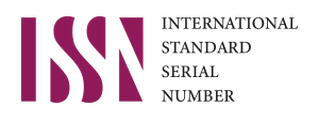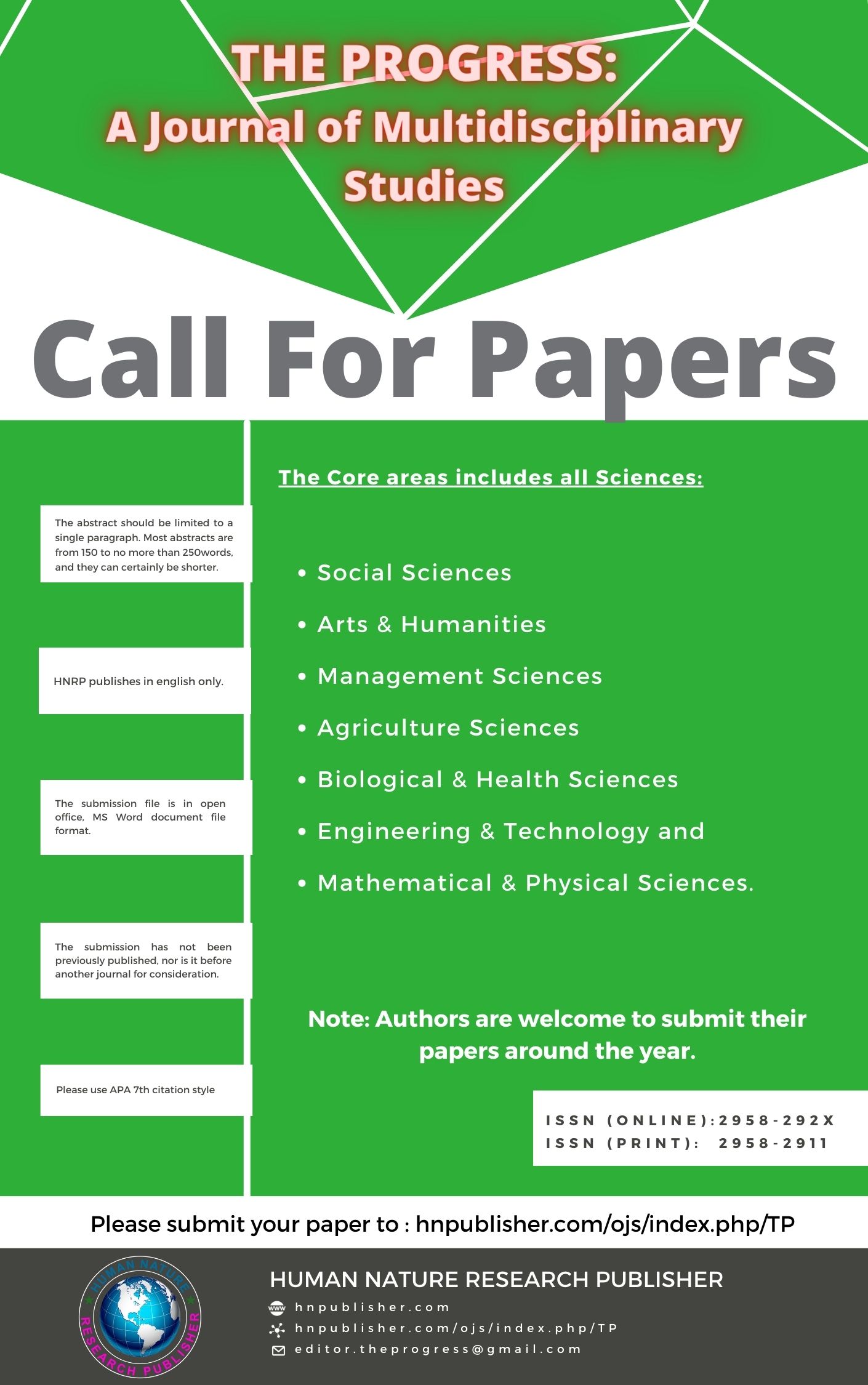Poultry Flock Profiling and Interpretations: A Critical Review of Current Strategies and Future Prospects
DOI:
https://doi.org/10.71016/tp/4estzr71Keywords:
Flock Profiling, Biosensors, Vaccinations, Immunity and Biochemical ProfilingAbstract
Aim of the Study: The main focus of this study is on the flock profiling in poultry industry as it plays essential role in the maintenance of the poultry flock. Poultry sector largely depends upon efficient flock profiling and bird health immunization.
Methodology: Since this is a review article, its main objective is to conduct a thorough analysis of all relevant material on flock profiling and the methods opted in this regard in the poultry industry.
Findings: Flock profiling and immunization protocols are being opted by poultry industry which involve gathering, examination, and interpretation of information obtained after data collecting about the performance, health, and environmental circumstances of poultry, particularly chickens and turkeys. Flock profiling is used in poultry management as it helps in examination, interpretation of data regarding the health, analysis, environmental conditions of poultry. This review focuses on prerequisites of improving the current standards for monitoring and reporting poultry diseases in chickens. The utilization of technological advancements such as smart sensors, AI-powered monitoring systems, and infrared technologies is transforming flock profiles and improving farm management through real-time health and welfare assessments. Regular data collection also helps with risk assessment and its mitigation, which leads to more productive flocks. This is due to use of sensors like genetic testing and biochemical profiling in conjunction.
Conclusion: This study looks at the primary aspects of flock profiling, such as data collection techniques, health monitoring, environmental factors, and the role of technology in improving the welfare and performance of chickens. The findings demonstrate that how flock profiling can save costs, increase productivity, and promote ecologically friendly methods of raising chickens.
Downloads
Published
Issue
Section
License
Copyright (c) 2025 Zafar Iqbal, Ibtisam Hameed, Prof. Dr. Muhammad Ali Abdullah Shah, Asif Riaz, Dr. Muhammad Fiaz, Dr. Muhammad Shoaib (Author)

This work is licensed under a Creative Commons Attribution-NonCommercial 4.0 International License.








